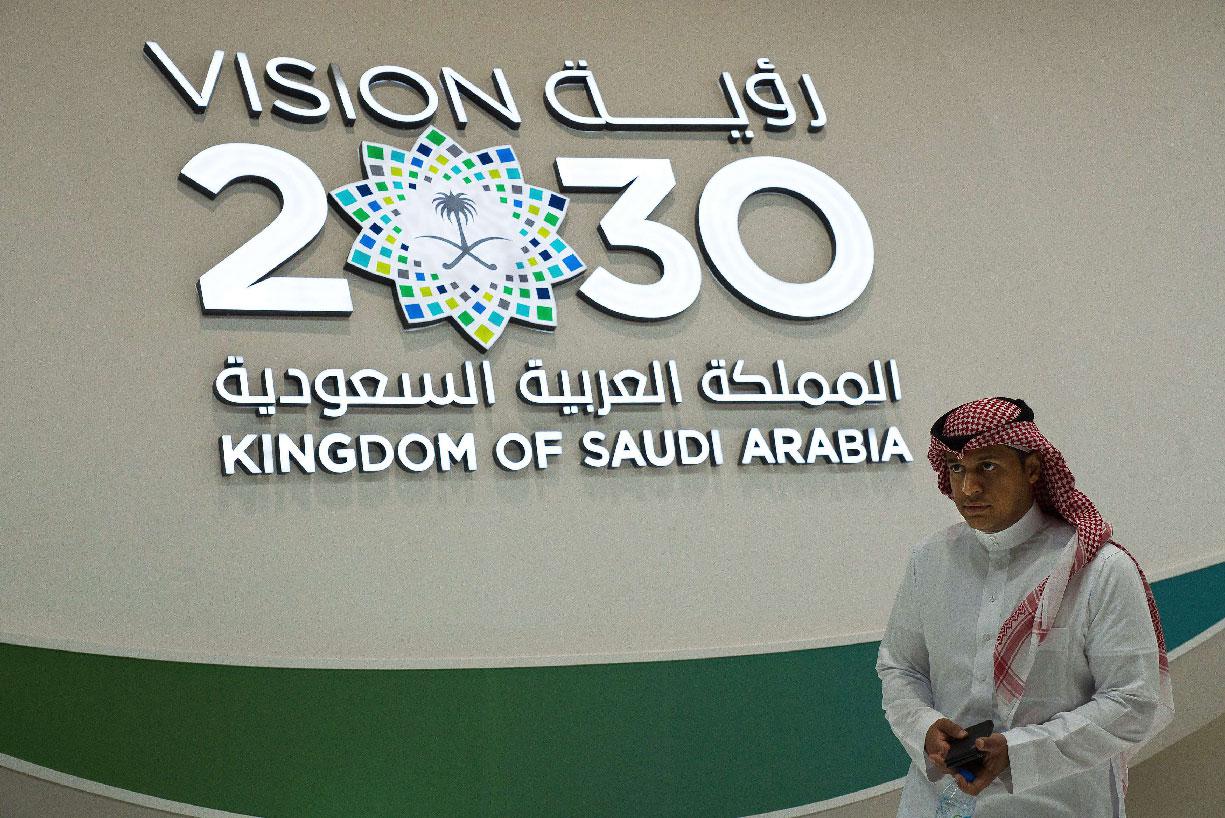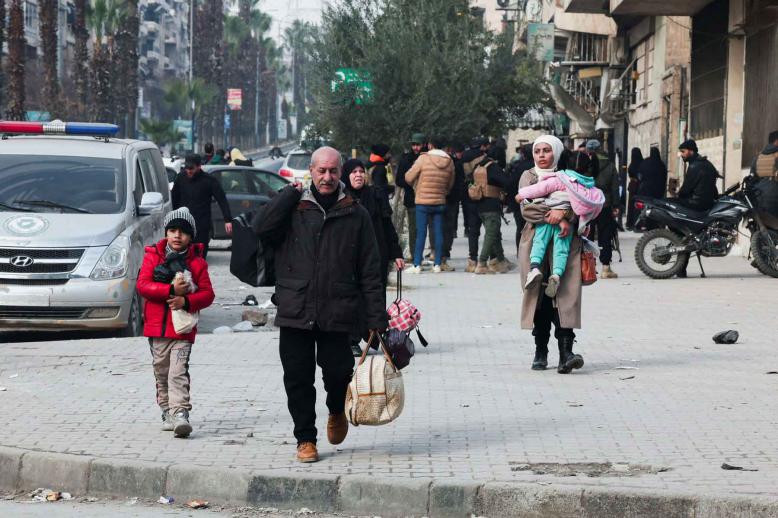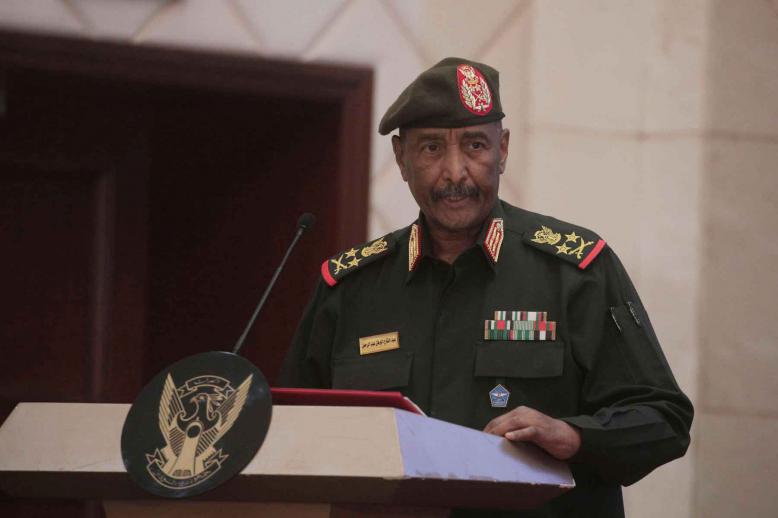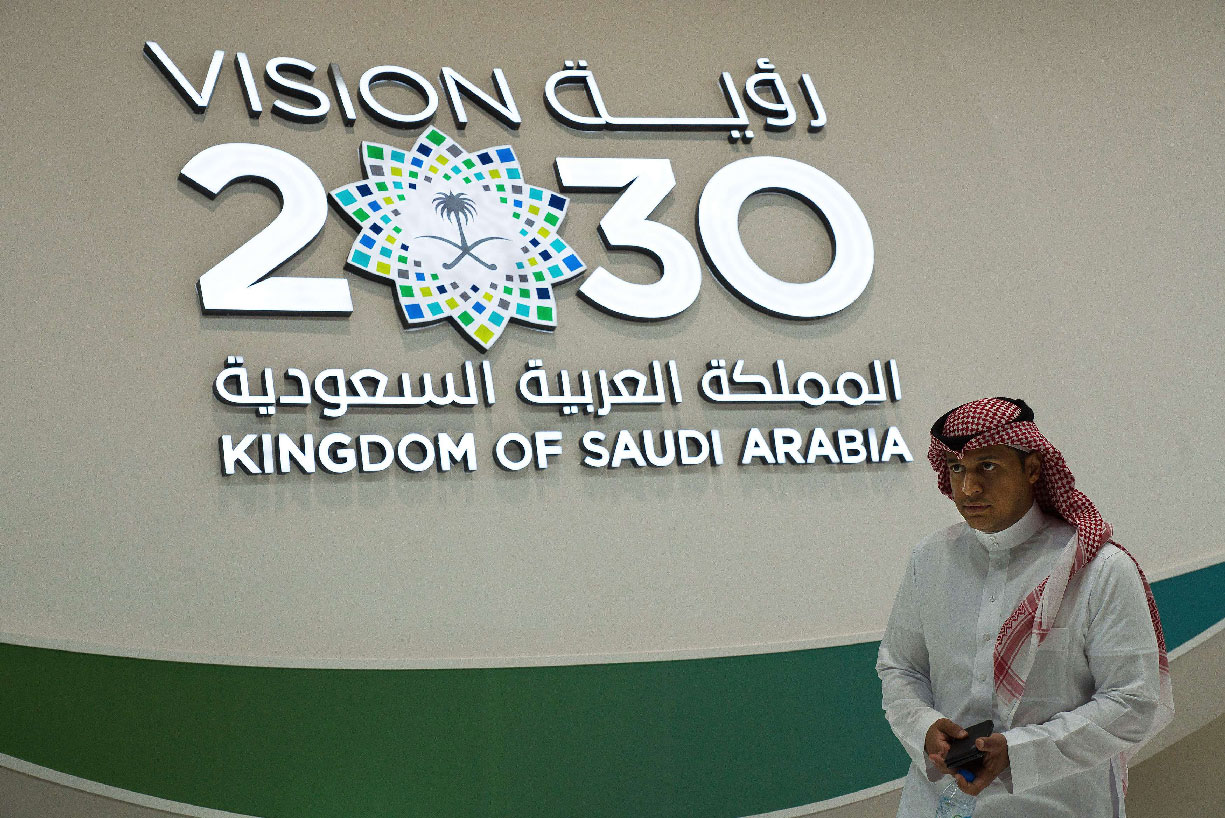Riyadh forges on with Vision 2030 reform track
LONDON - Saudi Arabia’s reform drive, including efforts to revamp its economy, reached a significant milestone with the announcement of the Saudi Aramco initial public offering, which capped a series of events and reforms in line with the country’s Vision 2030 plan.
After a 4-year process, Riyadh announced that oil giant Aramco, believed to be the world’s most profitable company, would float shares on the domestic exchange in what analysts said could be the world’s biggest stock listing.
“Today marks a significant milestone in the history of the company and important progress towards delivering Saudi Vision 2030, the kingdom’s blueprint for sustained economic diversification and growth,” Aramco Chairman Yasir al-Rumayyan said in announcing the initial public offering (IPO).
Reuters reported the first subscription for potential Aramco investors would be December 4 and local trading would begin December 11, although the announcement did not include details concerning the number of shares Aramco intends to float. Aramco said it would announce the transaction price on November 17.
The Wall Street Journal reported that, in the early stages, Aramco intends to sell 2%-5% of its shares, depending on demand. Saudi officials say floating 1%-2% of Aramco on the domestic Tadawul stock exchange could raise $20 billion-$40 billion.
The Aramco IPO is one of the cornerstones of Saudi Crown Prince Mohammed bin Salman bin Abdulaziz’s Vision 2030 economic and social reform plan, which aims to prepare Saudi Arabia for the post-oil era.
Since the plan’s introduction in April 2016, Saudi Arabia has opened significantly both socially and economically, including the reversal of the ban on women driving, loosening of guardianship laws and hosting recreational events such as music concerts and sporting events. Saudi Arabia also initiated a new tourist visa system available to citizens of 49 countries.
To encourage foreign tourists to visit the country, Saudi authorities relaxed a number of laws viewed as deal breakers for people interested in visiting the kingdom. Those includes allowing foreign couples to stay in hotels without proving they are married and foreign female tourists no longer being obliged to wear the loose-fitting black abaya.
A significant aspect of Vision 2030 aims to develop Saudi Arabia into a regional tourist and entertainment destination. The General Authority of Entertainment was established in 2016 to develop an indigenous entertainment industry. The kingdom has hosted a comic-con and major music acts, including Janet Jackson, 50 Cent and K-pop sensation BTS.
The first women’s wrestling match in the country took place October 31 in Riyadh with World Wrestling Entertainment performers Natalya and Lacey Evans facing off in the pay-per-view match at the King Fahd International Stadium. The event was part of the Riyadh Season festival, which hosts cultural, artistic and musical events over a 2-month period.
Riyadh also announced that foreign universities would be allowed to open branches in the kingdom.
“The new system achieves a qualitative leap in the march of Saudi universities on grounds of empowerment, distinctiveness and quality… in consistence with the kingdom’s Vision 2030,” said Saudi Minister of Higher Education Hamad bin Mohammed Al al-Sheikh.
Foreign universities could open Saudi branches through “specific regulations” to “boost competitiveness to increase the efficiency of the university education system,” Sheikh was quoted by the official Saudi Press Agency as saying.
The law offers universities full independence as part of the “general policy” of the state, stressing that each university will have a board of trustees to help achieve “governance.”
Mohammed Alkhereiji is the Gulf section editor for The Arab Weekly, where this article was originally published.







